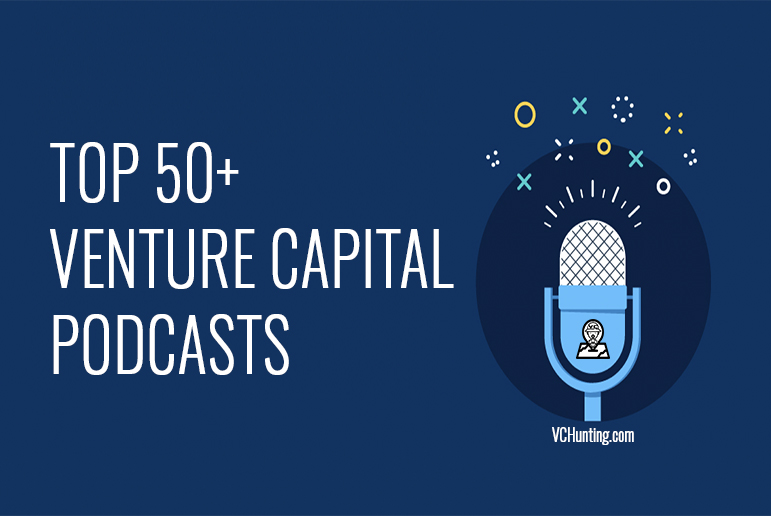Essential ScrumMaster Interview Questions

[The following is an interview format that I created for a client of mine for interviewing potential ScrumMaster candidates. The interview includes basic Agile questions, Agile experience, and 3 core exercises to see facilitation techniques and ability.]
The outline isn’t perfect, and many questions come up ad hoc through the conversations with the candidate. Some of the questions are hard, but not unreasonable. I would believe that a well versed, seasoned ScrumMaster would intuitively know the answer to most of the questions. I may be wrong, feedback is welcome!
Make sure to check out of the other resources as well!
- Frequently Asked Questions about ScrumMastery for Management
- FAQ – On ScrumMaster Career Paths
- The Perfect ScrumMaster Job Description
Scrum Master Interview Questions
Experience – General
- Start with a standup. Introduction! 🙂
- Current experience, etc. etc.
- What is Agile? What would be your 30 second Agile elevator pitch?
- What is the difference between Agile and Scrum? / What are some other Agile methods/frameworks?
- What is missing from Scrum? What other developmental practices would you suggest helps with providing deployment value to a software development team?
- Why is the daily standup/Scrum valuable for the team? – How do you make an ineffective standup more effective?
- Your team is ready to plan (sprint plan) for work on Wednesday, but the requirements (stories) aren’t ready yet. – What type of planning would you do? / How would you lead your team to be ready to start developing on Wednesday?
- What is a Scrum of Scrums? Why is it valuable?
- Name 3 key characteristics of a good ScrumMaster.
- Name 3 roles a ScrumMaster plays in a development team.
- Name 2 techniques for prioritizing user stories (MoSCoW, Noriaki Kano’s Objective vs Subjective Weighting, Numerical Prioritization Strategy, Relative Weighting, Theme Screening, Karl Wieger’s Benefit Scale)
- Name 1 technique for User Story creation (Bill Wake’s INVEST, Ron Jeffries 3 C’s)
- What is the MoSCoW prioritization technique?
- What is the reason we use User Story Personas?
- What is Noriaki Kano’s prioritization technique? (Obj + Subj = M, One dimensional, delighters)
- What is relative weighting for user story prioritization? (1-9 relative benefit)
- What is theme screening for user story prioritization? (Baselining a story)
- What is Karl Wieger’s Benefit Scale prioritization technique? (Essential, Conditional, Optional, 1-9 Relative Benefit, Relative Penalty, Total Value)
- What is Ron Jeffries 3 C’s? – Card, Conversation, Confirmation
- What is Bill Wake’s INVEST? – Independent, Negotiable, Valuable, Estimate-able, Small, Testable)
- In Agile, why do we estimate size, not duration in the beginning? What does this look like?
- How do you continually grow your craft as an individual and employee?
- What do you read? What are you reading right now?
Experience – Agile specific
- In an Agile organization, explain to me what you do without using the words “Scrum,” “Agile,” “Iteration” or any other Agile buzzwords. How does what you do add value to an organization?
- Organizational transformation leveraging Agile – What role did you play?
- How was the organization setup to support development efforts to use Agile?
- What challenges did you face while working with an Agile methodology? How did you overcome those challenges?
- What has been your biggest mistake as a ScrumMaster or Agile project Manager in your current position? How would you think back and fix it?
- Where did you help a team’s process mature using Scrum? Do you believe this is part of the job of a ScrumMaster? Why?
- How would you scale product ownership to an enterprise beyond just product ownership for a team?
- What other development techniques have you used with your Agile teams? What made them effective?
Exercises
- 3 example burndown charts (printed out) – Tell me what you see. / Will the sprint end on time?
- Give me an outline of a retrospective – What does it look like? Take me through the steps. / How do you keep a retrospective valuable to a team, sprint after sprint?
- Give me an example of a story card. What are included in the story?
- “We’re going back to a waterfall process and Agile has “failed.” – Tell me how you’d approach this situation with management. How would you approach this at the team level?
- Show me what it looks like to break down a theme to tasks – [Theme] -> [Backlog, Backlog Features], -> [Release Plan, Sprints with Stories and Story Points] -> [Stories, and Tasks with Hours]
[BIO-BREAK BEFORE DEMOS]
**Setup includes:
- 3-4 developers who have been coached to be certain roles during these mock-exercises
- 1 Product Owner who has been coached to be a certain role
- You – Facilitator to keep conversation moving in the right direction as needed
Mock Demonstrations
- Sprint Planning [Demo] – “Atlanta Snow Day” – Our job is to clean out an entire parking lot of snow.
- I am our Product Owner and I can give you direction about this requirement.
- The only requirement I have is that we need to shovel out all of the snow from a Costco parking lot
- [Candidate performs a sprint planning meeting based on this requirement alone]
- **I am looking for facilitation techniques – Breaking the requirement into stories, breaking the stories into tasks, estimating the stories, estimating the tasks, asking the Product Owner for guidance and direction, asking the attending developers for information and facilitating the discussion
- Daily Scrum [Demo] – “Atlanta Snow Day” – Hold a daily standup with the attending developers
- Developer 1: “I’m currently working on item 1234SD…”
- Developer 2: “It seems like the shovels have broken, I can’t do anything until they are fixed…”
- Developer 3: [ME] “I was working with Developer 2 and it seemed like she/he could add a feature here…”
- **I am looking for correct facilitation of a daily standup
- Sprint Retrospective [Demo] – “Atlanta Snow Day” – Hold a retrospective with the attending developers
- We have completed our 2 week sprint of cleaning the snow, but not everything went as planned.
- Developer 1: “[Tool] wasn’t available until 3 days into the sprint.”
- Developer 2: “An added requirement was added halfway through the sprint.”
- Developer 1: “A key QA individual was out sick for 4 days.”
- Developer 2: “The UI/UX lead continued to drop by my desk for updates so they could prepare use cases.”
- **I am looking for facilitation of a retrospective – How does the candidate deal with issues? How to create a retrospective plan. How does he set up the meeting. How does he create actionable items.
Again, feel free to use this when hiring a good ScrumMaster.
***Any extra questions you would ask? Feel free to post them in the comments!!!***





Responses